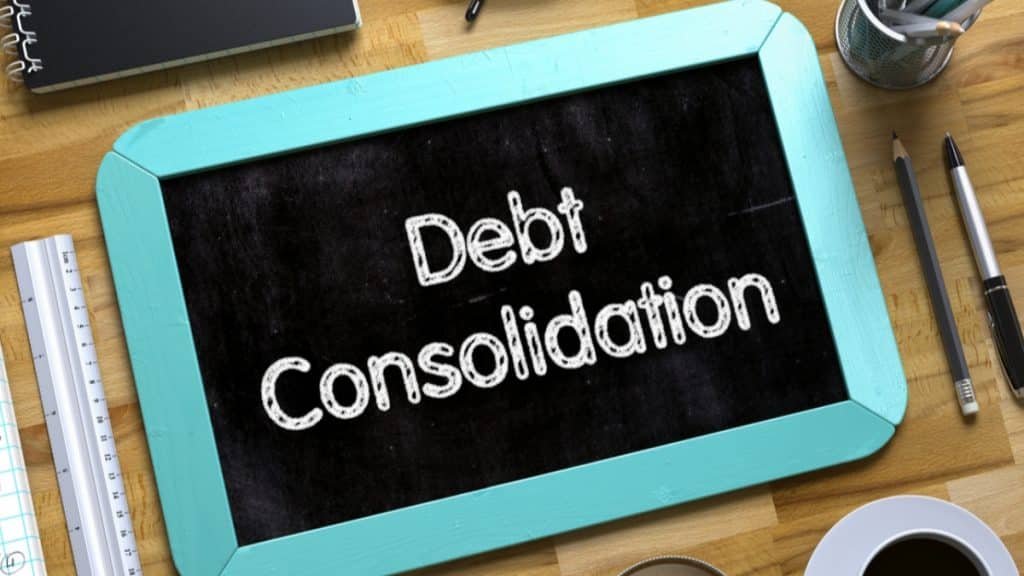Debt consolidation can give you a better idea of how much you owe and possibly save you money, but there are still a few things you should be aware of.
Bringing all of those small debts together could help you reduce what you pay in fees and interest if your debts have grown and multiplied. In this article, we will look at what is debt consolidation & for what reasons you should do this.
What Is Debt Consolidation?
Consolidating debts involves combining multiple loans or credit cards to pay off multiple debts at a lower interest rate.
Using a personal loan to consolidate debt involves paying off each loan with the proceeds. You can reduce your debt using most standard personal loans, though some lenders offer specialized debt consolidation loans.
The lender may also pay off a loan on behalf of the borrower, while another may disburse the proceeds because the borrower may make the payments independently.
Credit card balance transfer offers typically feature 0% APR introductory periods from six months to two years for qualified borrowers. Upon opening the card, you can refinance your mortgage to consolidate debt & identify the balances they wish to transfer or do this after the card has been issued.
Why is it Important?
Debt consolidation is essential for the following reasons:
1. Simplify Finances.
Consolidating your debts allows you to worry about only one payment each month instead of multiple ones. Furthermore, you know exactly how much money you need to set aside each month since the payment is the same.
You can turn two or three payment amounts into one by consolidating debts. The loan funds are used to pay off other debts. The process simplifies budgeting and makes it less likely to miss payments.
2. Get Lower Interest Rates.
Credit card interest rates are around 16 per cent as of November 2021. Personal loan interest rates average less than 11 per cent, however. Many variables affect interest rates, including credit quality, loan amount, and term length.
However, a debt consolidation loan will likely provide you with a lower rate than what you’re paying now on your credit card.
The average credit card has a higher rate of interest than that of a debt consolidation loan for consumers with good to excellent credit.
3. Boost Credit.
Initially, consolidating debts may drop your credit score slightly since a hard credit inquiry will be required; however, over time, it will improve. You’ll be able to make payments on time since it’ll be more manageable.
If you pay a monthly bill when it’s due, you’re likely to obtain a higher credit score because your payment history makes up 35 per cent of your credit score.
A higher utilization ratio and a broader credit history will also follow if any of your old debts were from credit cards. A person’s credit score depends on 30 per cent on their balances owing and 15 per cent on the length of the credit history. Close your cards after they have been paid off may lower your credit score. Keep the cards open.

